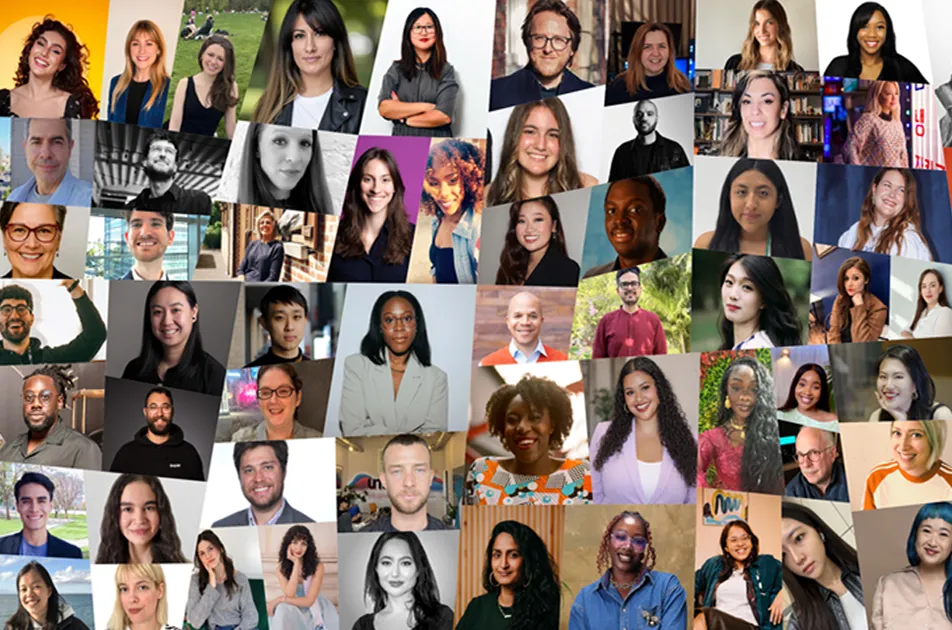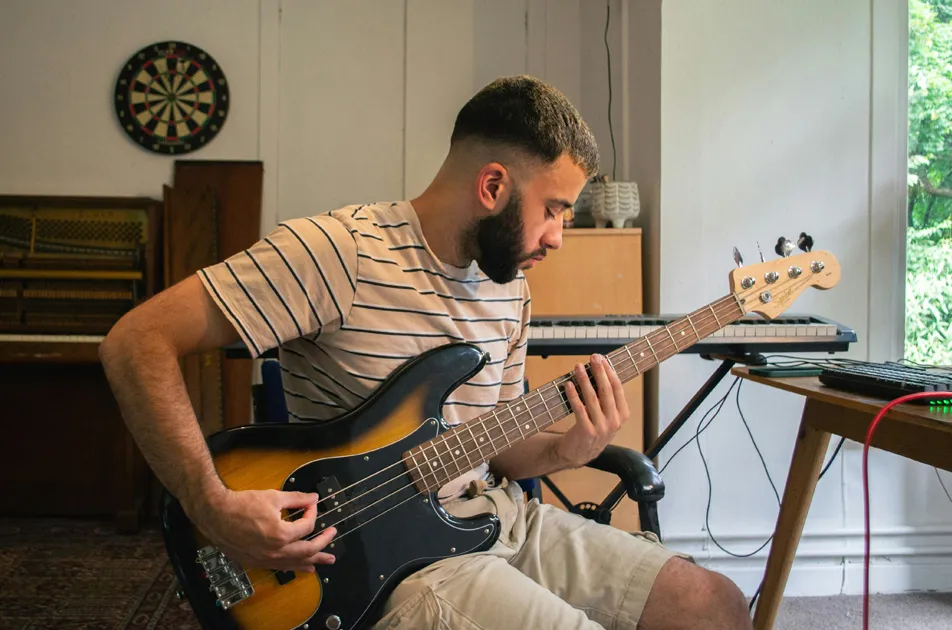This is part two of my interview with Randy Chertkow and Jason Feehan, who are authors of The Indie Band Survival Guide: The Complete Manual for the Do-It-Yourself Musician. As well, they're lead members of the Chicago band Beatnik Turtle. In part two of this interview, Chertkow and Feehan talk about the challenge that artists have in combating music piracy and whether or not they believe a musical middle class is emerging.
Hypebot: What actions should artists take to combat music piracy and are there ways to mitigate the behavior?
Chertkow and Feehan: The answer is simple: you can’t stop it, so use it to promote your music. The multi-billion dollar music industry barely slowed it down, so why waste your time, energy, and money? Let this incredibly powerful promotion tool work for you to get discovered by people and win over new fans.
There’s a lot to say about the subject of file-sharing and music. We cover this topic extensively at our IndieGuide.com website here. Including a breakdown of how it works both from the technology side as well as the psychological side, and why it can’t be stopped.
Hypebot: Is the music industry moving towards a more healthy and sustainable middle class of musicians?
Chertkow and Feehan: In some ways, it was more sustainable to make a middle-class living in the past, when live music was the main source of entertainment in town. One of the people we interviewed for the book owned a label and booked bands “back in the day”. He talked about a time in the 1970s when he looked up and down Rush Street in Chicago and had a band playing every single venue there. Then, nearly overnight, the venues discovered disco. For a fraction of the cost of a live band, with a few turntables and a DJ, you could still pack your club. The gigs dried up instantly and gigging musicians had a much harder time finding work.
That said, we know a lot of musicians that are making a decent living in music. Some have wedding bands; others are part of the live music scene. Still, many others have figured out that it takes a combination of income streams to make a living off music. Many combine music sales, live gigs, merchandising, teaching, work-for-hire, and licensing in order to make a living at it.
From our research, there’s no single surefire formula for success at making a living off music. Each musician success story was about pulling together a stream of incomes from music in different ways, based on their talents and strengths.
Hypebot: How can musicians go about teaching their fans why music matters and that they should support it?
Chertkow and Feehan: When it comes to the money, music is like any other business. It should seem strange to suggest that a local store needs to explain to their customers why they should support them, rather than working hard on giving their customers products that they want to buy; it should be no different for music. Of course, it doesn’t hurt to remind fans that you do have stuff for sale and it’s those sales that keep you going, but the focus should be on producing products that your fans want to buy.
If you have a truly exciting and memorable show that people can’t want to bring their friends to see. If you make the kind of viral music videos like Pomplamoose or the Gregory Brothers that millions of people want to see, they will support it. They will want the t-shirt, they will buy the songs or albums, and they will come to your shows.
Hypebot: In Beatnik Turtle, what are some of the marketing and music initiatives that you're most proud of?
Chertkow and Feehan: At the top of the list: successfully releasing a total of 365 songs for each day of 2007 at our site, TheSongOfTheDay.com. The thing to keep in mind here is that we didn’t write a song a day, we released a song we had already written and recorded, and many were well produced. The entire project expanded the band’s abilities. We became very good and very efficient at writing, recording, mixing, and releasing music quickly. But the whole project also won us a lot of fans and was an incredibly satisfying achievement.
We’re also proud of how we’ve licensed music to companies like ABC Family/Disney for a nationwide commercial campaign, how we wrote all of the music for a DVD review show that aired in 26 million homes around the country, licensed a song and music video about Star Wars that aired on SpikeTV the anniversary of Star Wars’ release, and played live as the house band for a series of shows at the world-famous Second City.
But of course, the most exciting initiative is always the one that you’re working on next. We’re in the middle of preparing our 19th album release, and we have a completely novel website and promotion mechanism for it that, if it succeeds, can really change how musicians release their music to fans. It’s not ready-for-prime-time yet, or else we’d talk about it here, but perhaps we can come back to talk to you after it’s released.




